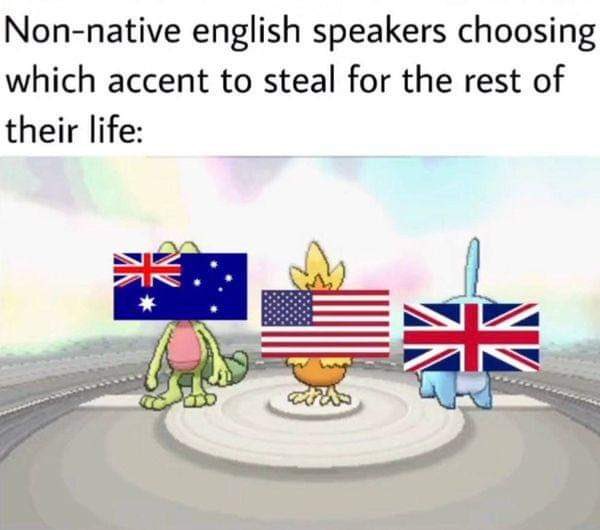this post was submitted on 13 Nov 2023
730 points (95.4% liked)
memes
17890 readers
1362 users here now
Community rules
1. Be civil
No trolling, bigotry or other insulting / annoying behaviour
2. No politics
This is non-politics community. For political memes please go to !politicalmemes@lemmy.world
3. No recent reposts
Check for reposts when posting a meme, you can only repost after 1 month
4. No bots
No bots without the express approval of the mods or the admins
5. No Spam/Ads/AI Slop
No advertisements or spam. This is an instance rule and the only way to live. We also consider AI slop to be spam in this community and is subject to removal.
A collection of some classic Lemmy memes for your enjoyment
Sister communities
- !tenforward@lemmy.world : Star Trek memes, chat and shitposts
- !lemmyshitpost@lemmy.world : Lemmy Shitposts, anything and everything goes.
- !linuxmemes@lemmy.world : Linux themed memes
- !comicstrips@lemmy.world : for those who love comic stories.
founded 2 years ago
MODERATORS
you are viewing a single comment's thread
view the rest of the comments
view the rest of the comments

In order of appearance: wildcard, simplified, traditional.
Ironically, US English is in many ways more traditional than UK English. The US uses many words and phrases that used to be common to both continents but later changed in the UK.
US did try to de-French most spellings with mixed success.
Yeah, but there's still the tendency to simplify things (e.g. "color" vs "colour") and the ever shortening of phrases as if it's difficult to say the whole thing ("macaroni and cheese").
Changing spellings to match pronunciation should happen more often, to ne honest. And I don't think UK or Australian English get to throw any stones about shortening words and phrases, the US isn't calling anything "spag bol".